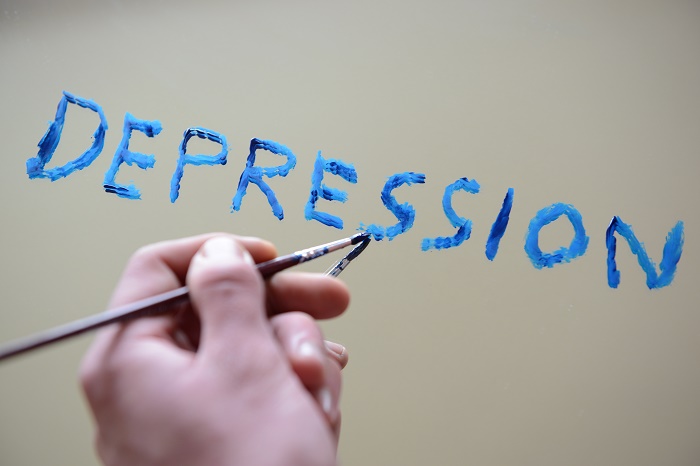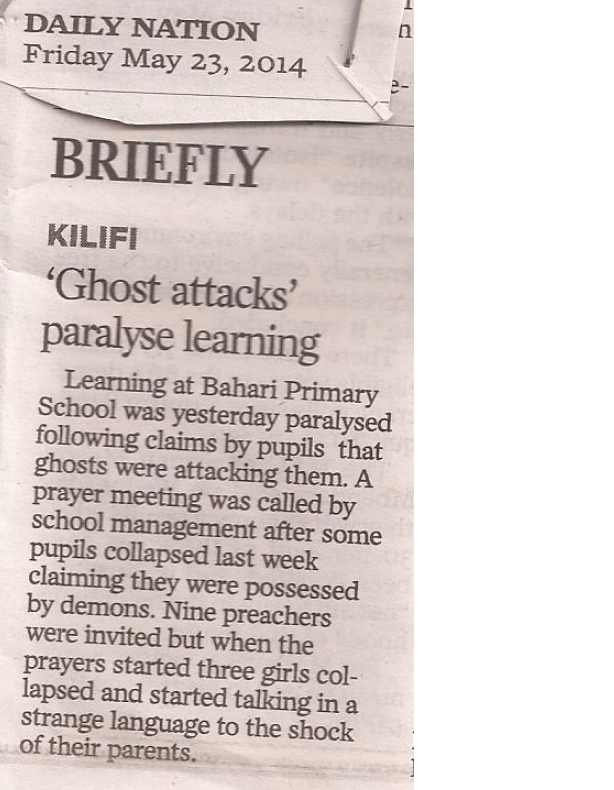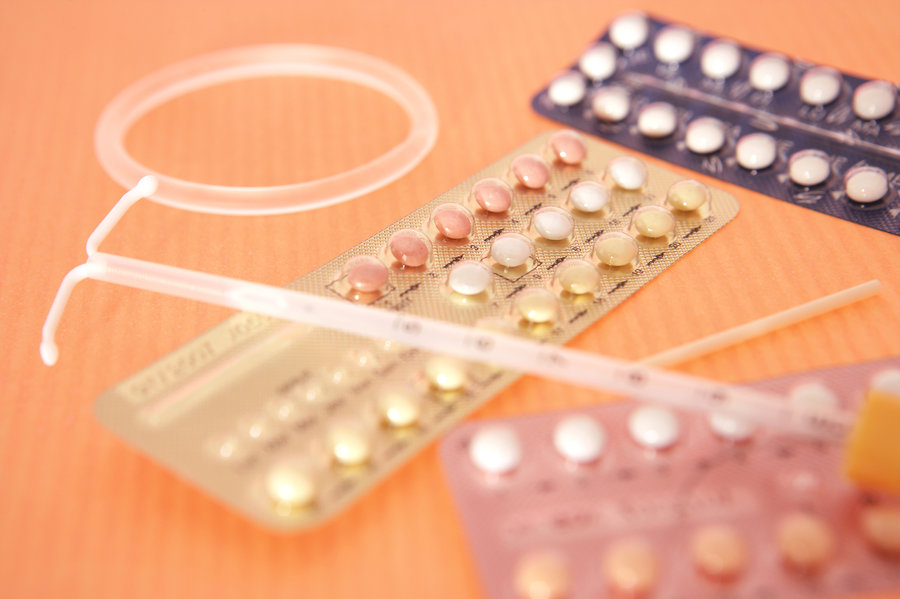
What it feels like
Part of the stigma and shame attached to depression is the thought that it is entirely about inner strength. Suffering depression is wrongly considered a sign of weakness, an inability to take on hard times. For those who are religious, a sign that one is unable to count their blessings and focused on the negative in life and ‘allowed’ themselves to wallow in self pity.
I have a friend who is about the most positive upbeat person I know, who told me recently that she was just coming to the end of treatment for clinical depression. Just to show how much that mindset I earlier mentioned still plays at the back of my mind, I was extremely shocked. She is a very outward looking person, ever positive and always seeing the best in everyone.
I asked her to tell the story of her struggle with depression and here it is in her own words…….
A few years ago I experienced a series of bereavements in quick succession including the death of a friend in the Westgate attack. I felt sad, angry and guilty, understandable responses to loss, especially the sudden, violent, death of young people.
Months later I was still crying often during the day and I seemed to have changed. The normal ups and downs of life had become insurmountable problems, doing anything required huge effort, I had stopped contacting friends and avoided social functions.
Part of me just wanted to escape from the thoughts and feelings under the bed covers but sleep was no longer the refreshing luxury it once was. Nights of sleep were short, punctuated by fear and finished in the early morning with a terrible sinking feeling before my eyes had fully opened .
Walking down the street all I could see was the suffering of the people I passed. I became a sponge for all the sadness I saw and heard on the news and just didn’t notice any of the simple joys in life any more. I did a lot of pretending to be ok but was terrified the dark cloud I had become would affect the children.
I am a health worker, I knew what was happening. The normal bereavement reaction had become a continuous low mood, an episode of depression.
Thoughts like
” I shouldn’t be feeling like this, I am so fortunate compared to so many I see on the evening news ”
….. made me feel guilty.
Persistent thoughts that
” I should be able to deal with this, snap out of it, I am just not trying hard enough”
….didn’t help.
But there seemed to be no relief from the round and round thinking, regrets, sadness over the past and worries about the next terrible thing that could happen in the future.
There were physical feelings of a heaviness and butterflies in my chest, I felt exhausted and couldn’t bare to look at my own reflection in the mirror.
Eventually with the encouragement of my partner and dear friends, I agreed to see the doctor. I was prescribed an antidepressant. I knew there would be side effects but I wanted to get “my old life back”. After a couple of weeks I didn’t notice the side effects any more and a couple of months later I had been lifted far enough out of the hole to try other forms of restorative activities.
Two years later, I was recovered.
So how was I able to recover……………..
Firstly the continuing support of family and friends who persuaded me to seek professional help, continued to be with me and listened, kindly, without judgement.
Reading about “mindfulness”…………
Doing Mindfulness based courses and practicing meditation at home. Continuing with my studies and starting a job as a volunteer to fit around the course work. Making myself do things I used to enjoy (even when I didn’t feel like it and the negative voice in my head was saying ” what’s the point “), like some sort of daily exercise and meeting friends.
It took time, patience and effort, like recovery of every kind and I think I am a little more accepting and compassionate towards the fragility of the human condition as a result. I am left with the feeling we are all in the same boat and need to look after ourselves and others as best we can.
***************************************************
A Kenyan blogger Eve Kibare experienced clinical depression and shared her experience on her blog…………
****************************************
If you visit a friend with broken bone sticking out of his leg, he has refused to go to hospital because he beliefs he can handle it, ‘I have a young strong immune system, it can handle a broken leg’, he says. His leg is swollen, he is in pain, he is clearly not functioning.
What would you do as a good friend?
Would it matter how he broke the bone? Would you be angry that he did not focus on his other leg that was healthy and strong? Would you chide him for his lack of faith and tell him to stand on the broken leg to show that he believed it was cured? Would you ask him to be a man and continue to bear up?
Is a hurting mind of any less value?





Kyongo
Thanks for sharing this.